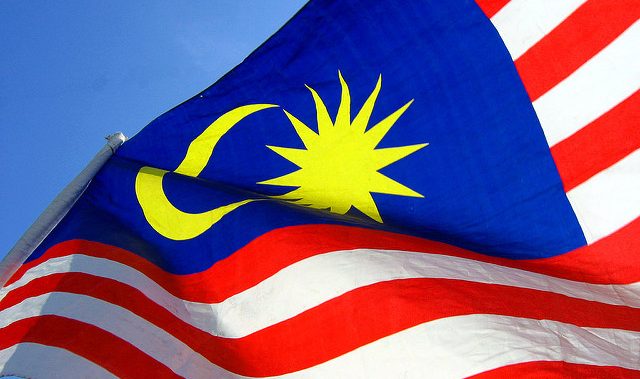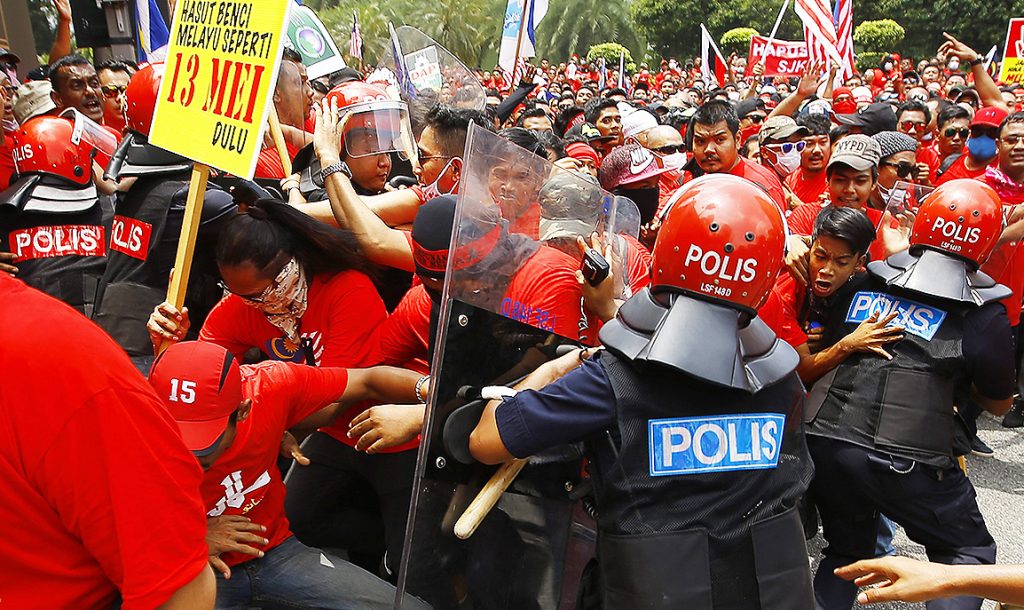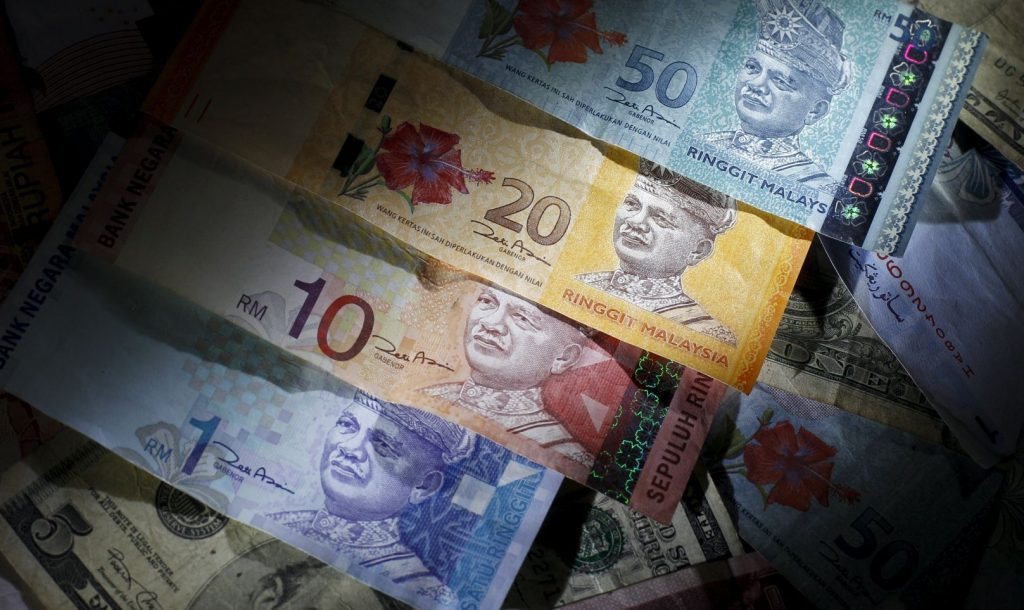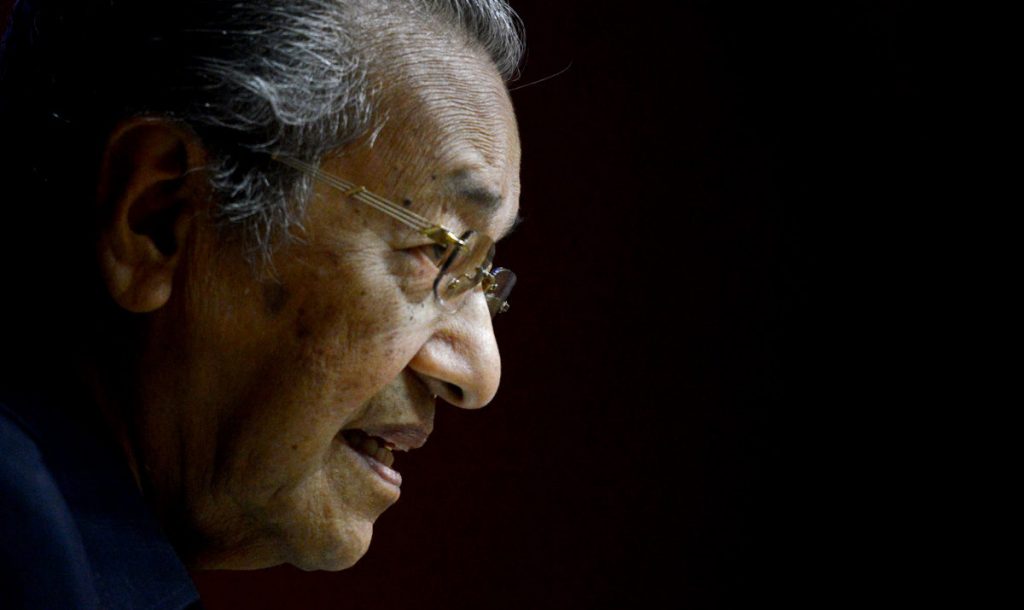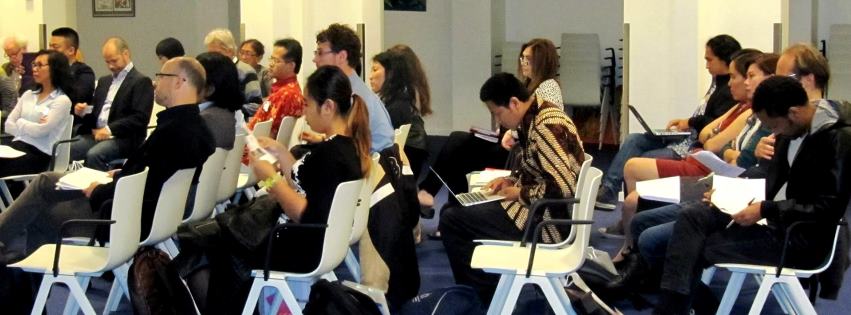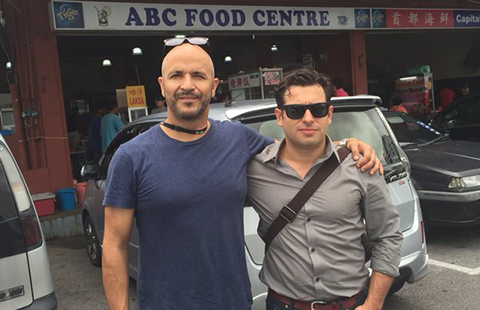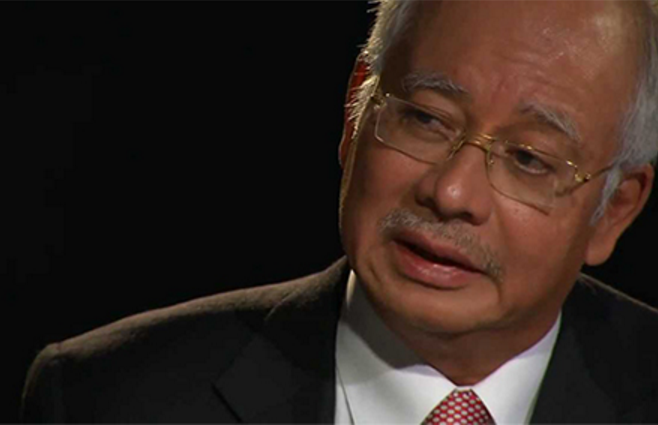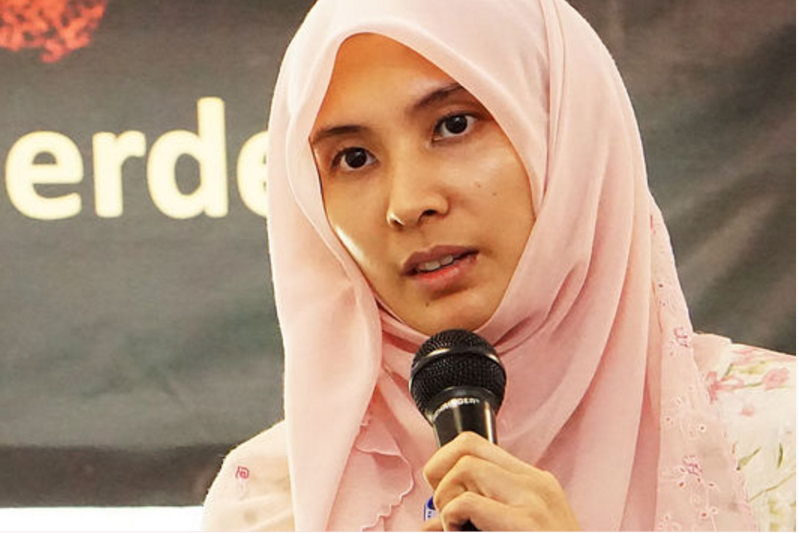Image selected by Asian Currents.
Today the Asian Studies Association of Australia’s bulletin Asian Currents published a piece I wrote on how to do Malaysian Studies better in Australia. We can only watch Prime Minister Najib and his opponents’ moves and counter-moves for so long before we articulate a broader relevance for our work for communities of interest who care about Malaysia, Malaysians in Australia and Malaysia-Australia relationships.
Australia needs to look beyond Malaysia’s current political impasse and engage more widely with an important neighbour
For some time now, Malaysia watchers in Australia have focused much of their attention on the potential for the 1MDB crisis, and the 2013 election result before it, to unseat UMNO president and Barisan Nasional prime minister Najib Razak.
The imaginative pull these intertwined issues exerts is understandable—the sense of slowly building crisis, the moves and countermoves by government and opposition parties, and the clever deployment of hidden political resources are fascinating, especially when events appear to gather pace. Equally alluring is the temptation to be the person who called the critical moment just before it happened.
